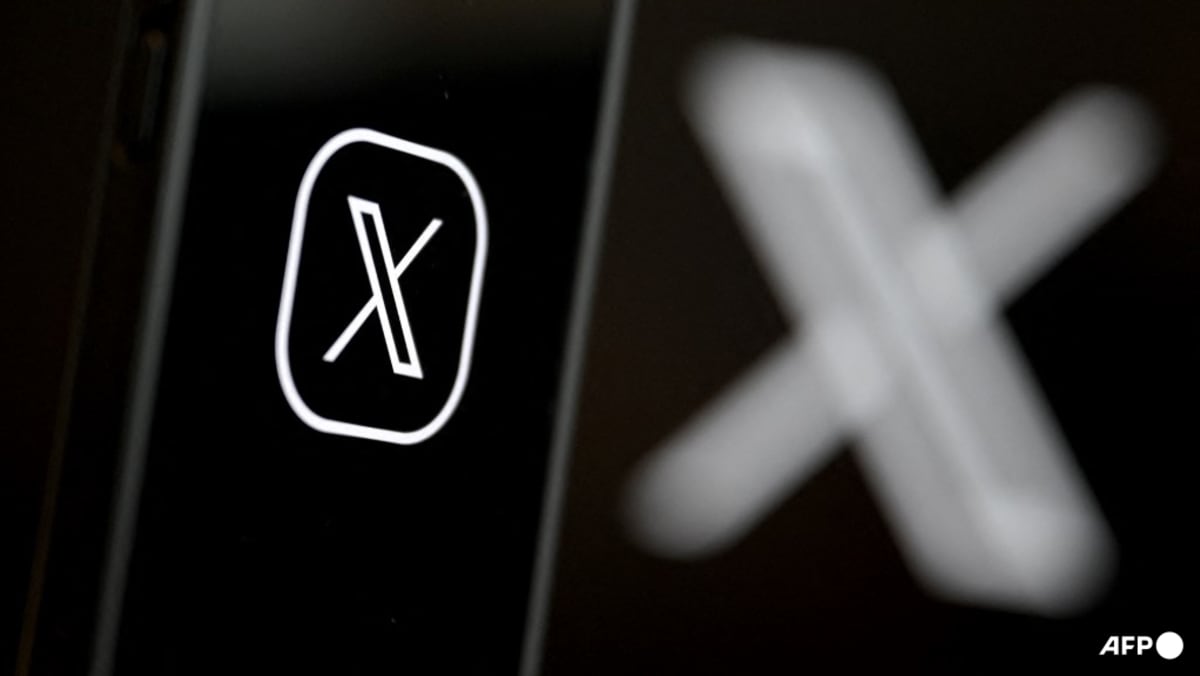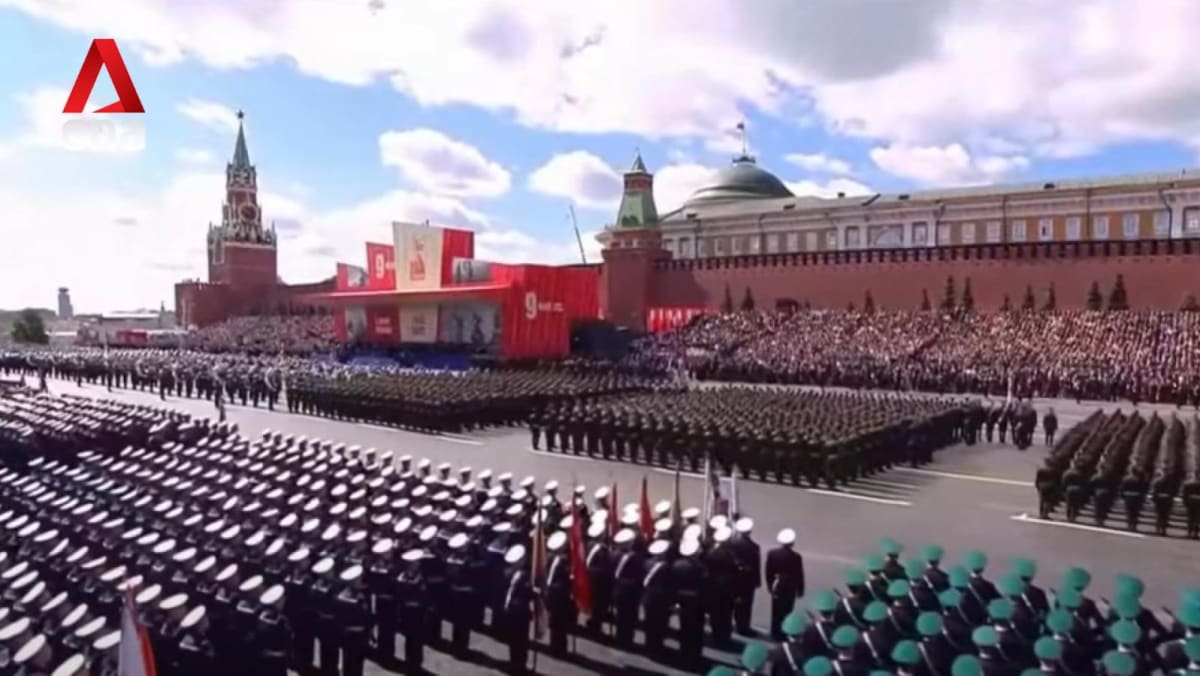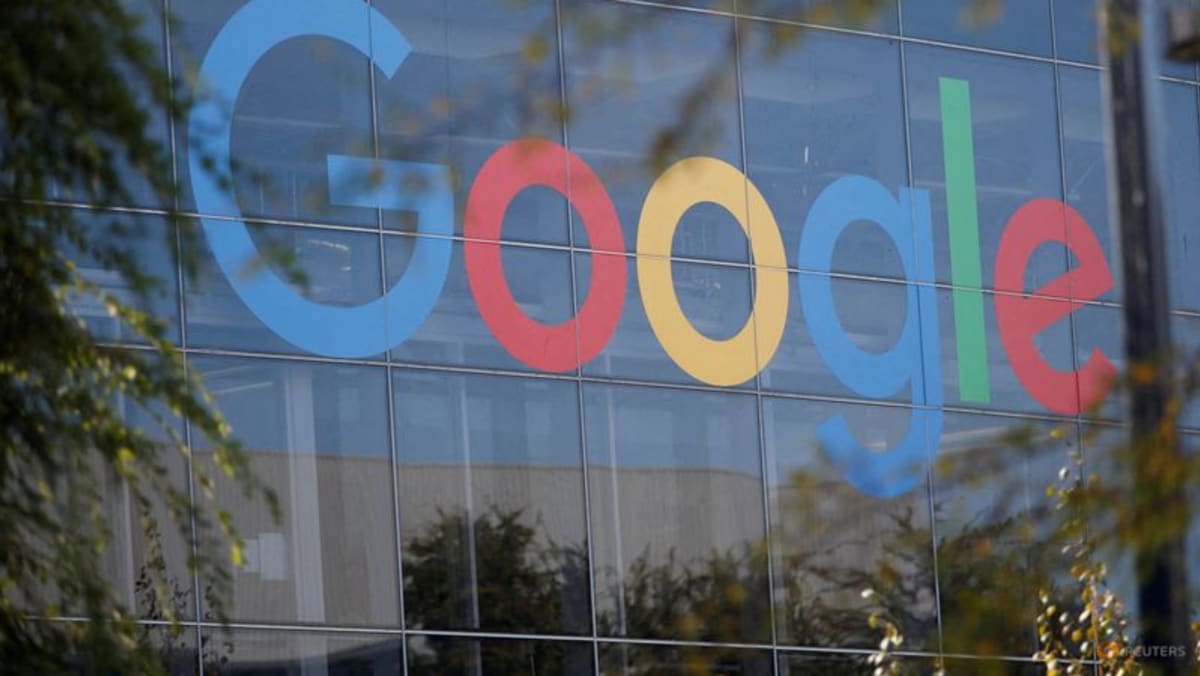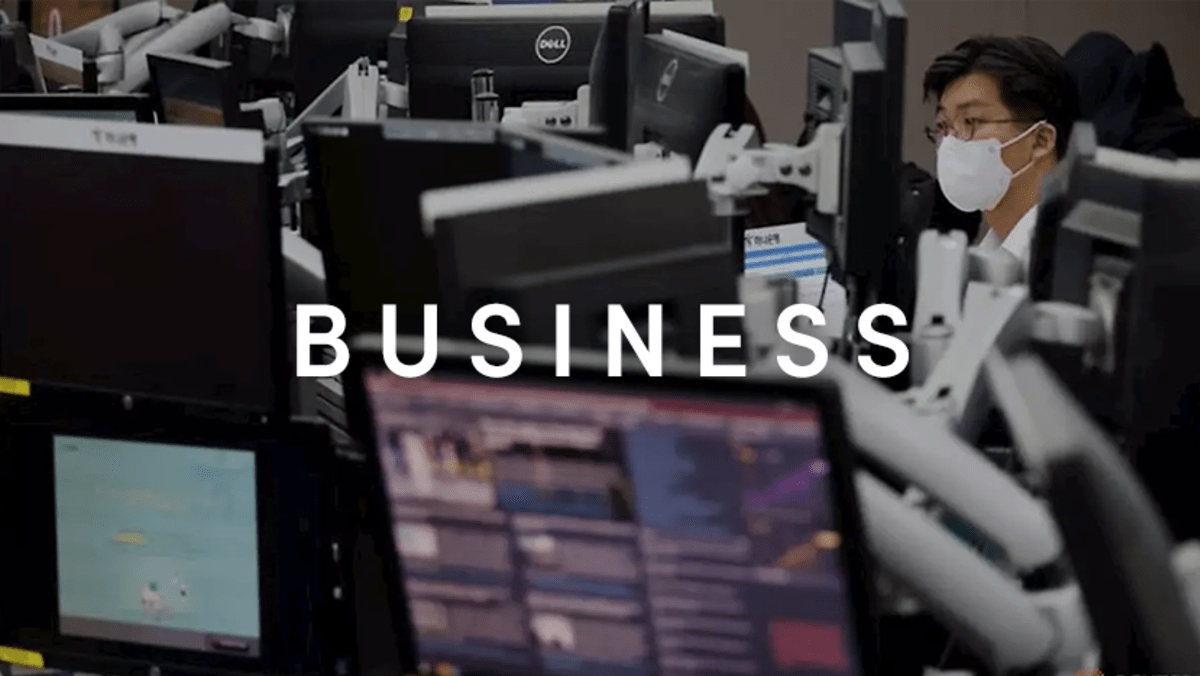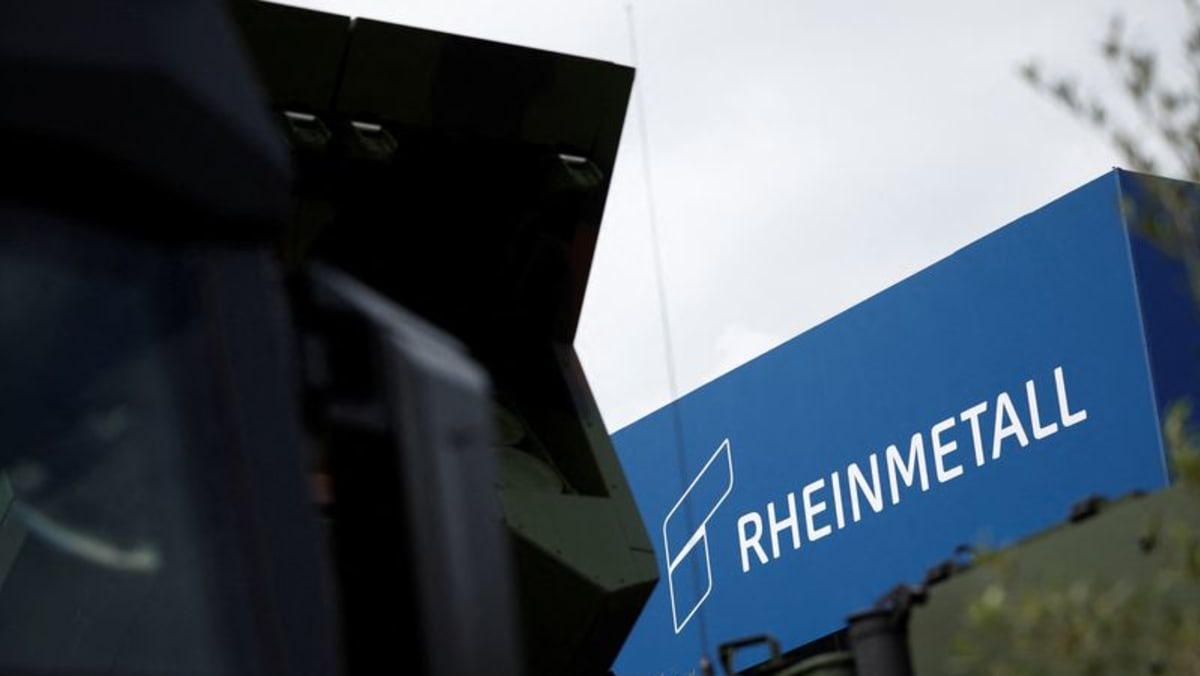TRADE FLOWS ALWAYS SUBJECT TO CHANGE
It’s not that Trump wouldn’t kill this growth area if he turned his attention to it. Never mind factories leaving for less expensive locations, the departure of offices for cheaper countries is no small issue.
A study of 200 college-educated participants from the US and South Africa, half of whom used generative artificial intelligence (AI) on a range of tasks, found that cost effectiveness, combined with gen AI’s levelling-up effect, made foreign teleworkers increasingly attractive substitutes. The shift will drive corporations to expand their talent search beyond borders, Michael Wade, Richard Baldwin and Benjamin Bjerkan-Wade of the International Institute for Management Development in Lausanne, Switzerland, wrote in The Harvard Business Review.
When I get down about the damage done to American prestige since Trump’s Liberation Day effort to vandalise commerce, I try to reach for histories that remind us that trade flows have always been subject to change – and that globalisation isn’t exclusively a thing of our lifetimes.
I spoke recently to Roger Crowley, author of Spice: The 16th-Century Contest That Shaped The Modern World. By his reckoning, one of the most significant events in world economic history was a journey by Andres de Urdaneta, who found a return route to Mexico from the Philippines, both of which were claimed by Spain.
“The Pacific was the last great blank,” Crowley told me. “People knew about the Indian Ocean, they could sail back and forth across the Atlantic. The size and scope of the Pacific was baffling. It was the final linkage and really important.”
Urdaneta was a priest, as well as a navigator. If alive today, he might have wondered why services get so little attention.
He might also pray that Trump doesn’t start trying to figure out how to reshape the sector.
